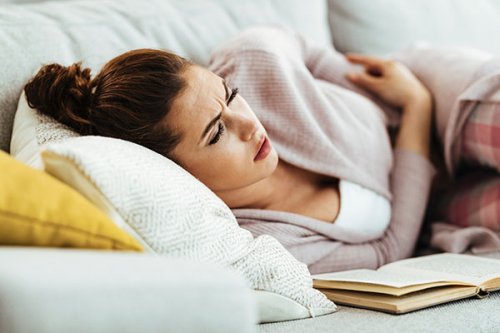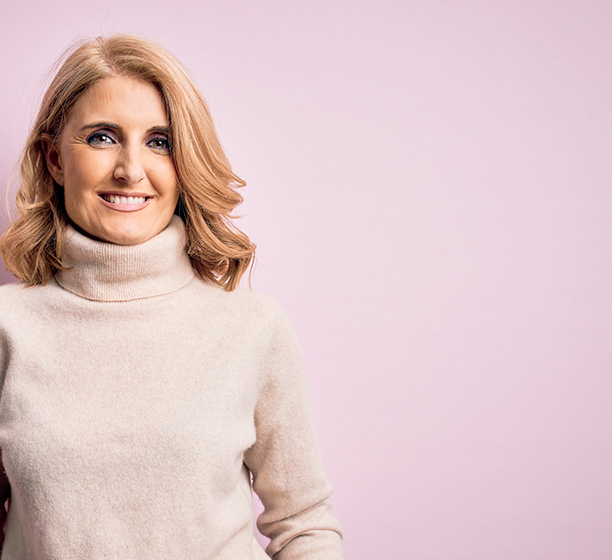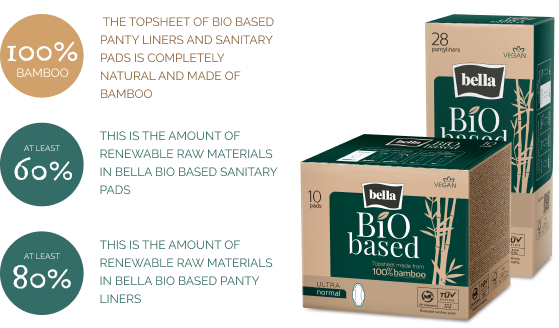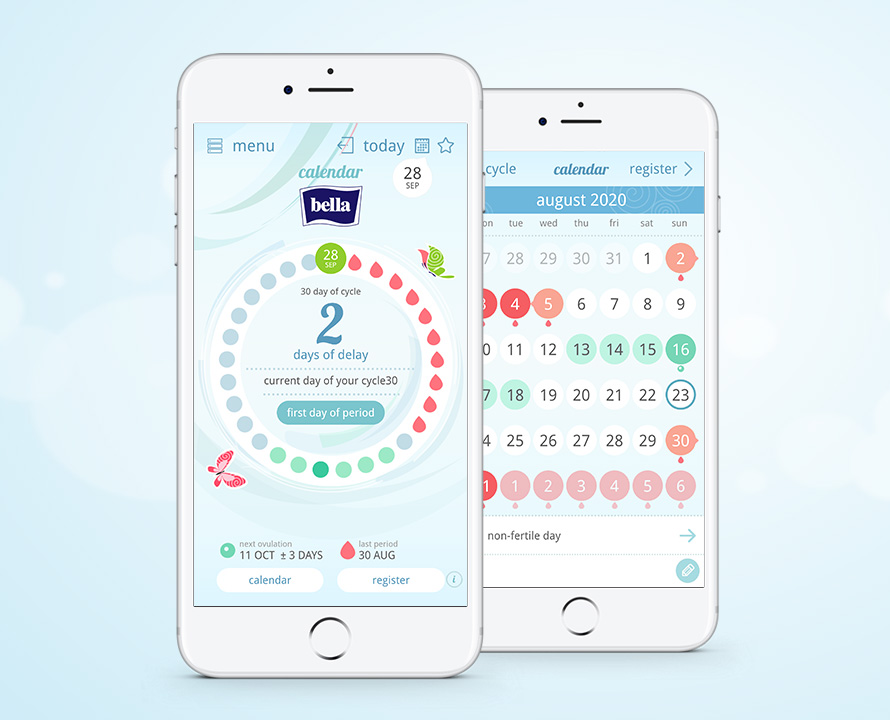 konfigurator
konfigurator
 Products
Products

PMS – premenstrual syndrome
PMS occurs in the second half of the menstrual cycle, after the fertile days are over, but before menstruation. It is mainly associated with such symptoms as irritation, sadness, aggression, depression, increased sensitivity or even lachrymosity, fatigue, sensitive breasts, skin eruptions, flatulence and many other symptoms, both mental and somatic.
PMS – where does it come from?
 The main cause of PMS is the menstrual cycle, which leads to reduced levels of hormones produced by the ovaries in the second half of the cycle (the so-called luteal phase). Most probably, it is the time of disturbances in the functioning of neurotransmitters, especially the serotonin pathways that affect our mood. Susceptibility to PMS can be individual and depend on susceptibility to hormonal fluctuations, genetic predispositions or depend on the functioning of neurotransmitters.
The main cause of PMS is the menstrual cycle, which leads to reduced levels of hormones produced by the ovaries in the second half of the cycle (the so-called luteal phase). Most probably, it is the time of disturbances in the functioning of neurotransmitters, especially the serotonin pathways that affect our mood. Susceptibility to PMS can be individual and depend on susceptibility to hormonal fluctuations, genetic predispositions or depend on the functioning of neurotransmitters.
PMS – how to cope with it
Unfortunately, no one has developed drugs yet that would completely eliminate the symptoms of PMS. In extreme cases, when the symptoms exacerbate and make everyday tasks difficult, PMS is treated with antidepressants. Natural methods of reducing PMS include diet and physical activity. The PMS symptoms can be alleviated by B group vitamins, so try to eat as much wholegrain bread, nuts, eggs (especially egg yolks), bananas and spinach as possible. Another vitamin that can help you fight PMS is vitamin E. You will find it in nuts, sunflower seed, avocado and olive oil.
The symptoms of PMS can also be reduced by magnesium and potassium. Magnesium tonifies our nervous system. We can supply it to our body by eating brown rice, peanuts, almonds and dark chocolate (with at least 70% cocoa). A source of potassium is mainly tomatoes and bananas. Potassium regulates the body water balance; therefore, it reduces the abdominal circumference that is larger during PMS.
During PMS, try not to consume too much salt, as it retains water in your body. Try to lower your cholesterol, which boosts the production of oestrogen, which is high in the second half of the cycle anyway. Cut down on alcohol, which can inhibit the absorption of vitamins and minerals needed to reduce the symptoms of PMS. Avoid coffee and tea, as those can make you more nervous.
Take care of yourself! During PMS, it is worth turning to activities that you like doing and that might boost your endorphin level – sports can have soothing effects on your body in the second half of your cycle. But remember not to strain yourself too much!

Tips for teenagers
Learn more
Tips
for all
of us
Learn more

Tips in menopause
Learn more#DISPOSEWISELY!
On the packaging of products, such as sanitary napkins, panty liners and tampons, you can see the marking:


It is to clearly indicate where used hygiene products should go and illustrate the consequences of their improper disposal.
Thanks to proper segregation, we contribute to reducing the amount of waste of hygiene products thrown into toilets and, consequently, ending up in the seas and oceans.
Find out more
 Polski
Polski Angielski
Angielski Rosyjski
Rosyjski Czech Republic
Czech Republic India
India Lithuania
Lithuania Germany
Germany Romania
Romania Słowacja
Słowacja Ukraine
Ukraine Hungary
Hungary Austria
Austria Bułgaria
Bułgaria

